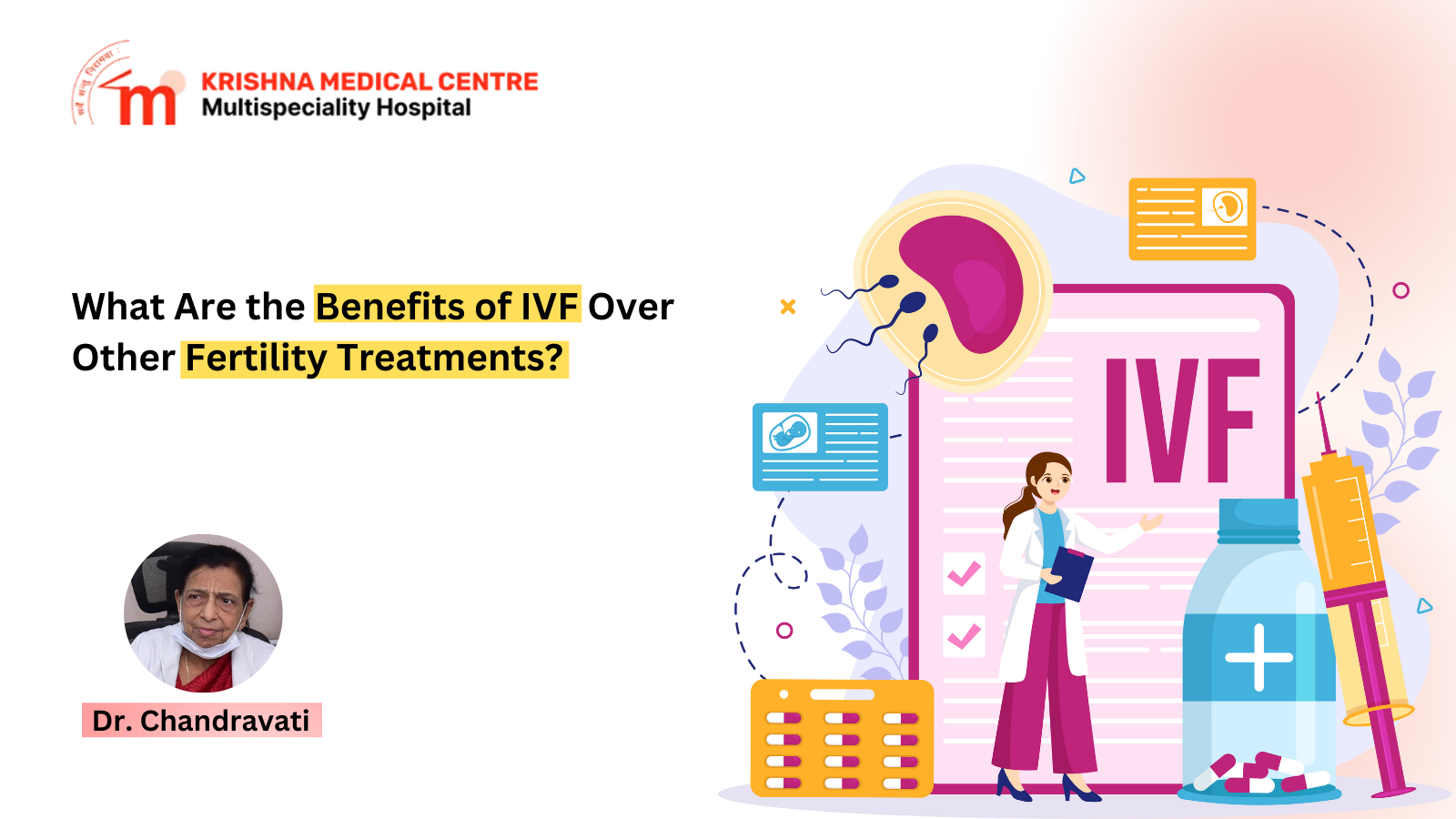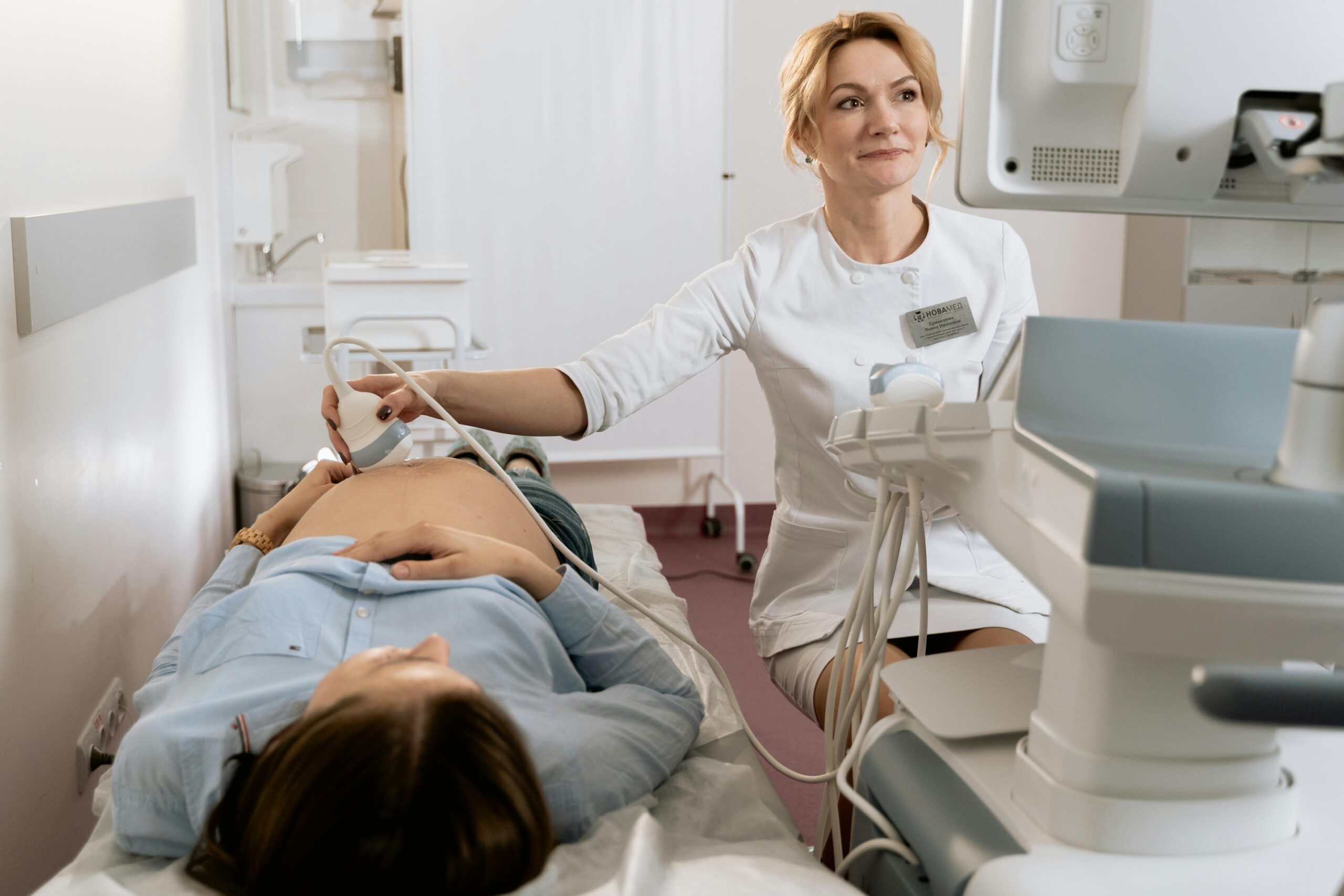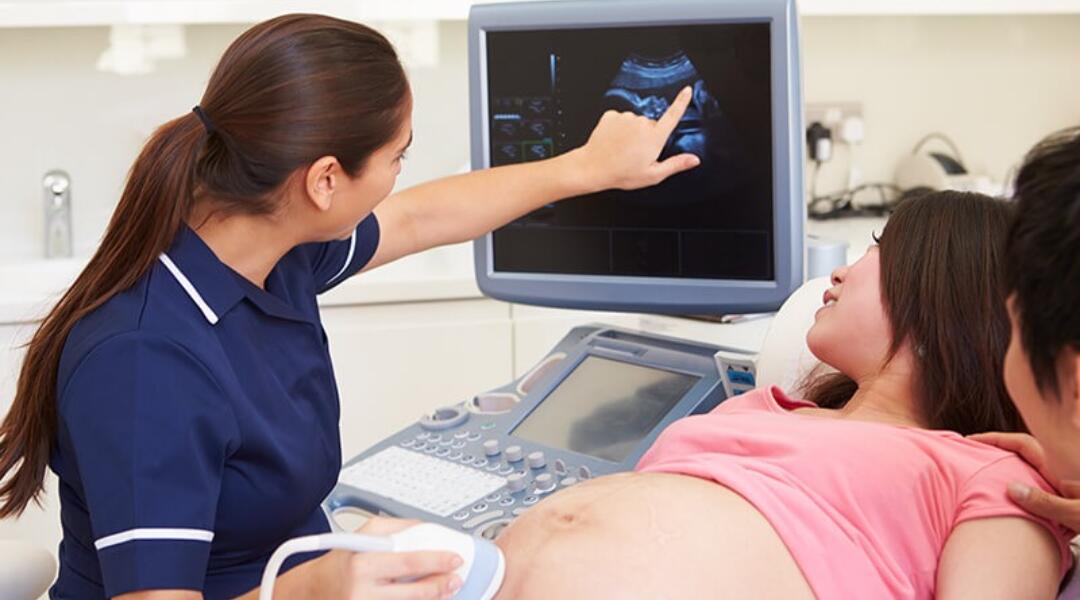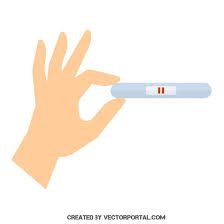-
The Benefits of Egg Freezing

Egg freezing, or oocyte cryopreservation, has become a popular option for preserving fertility. Initially seen as experimental, the procedure is now widely used in reproductive medicine. Advancements in medical technology have made this a safe and reliable choice for individuals who wish to delay parenthood. This process offers a way to protect fertility for later
-
IVF Versus Other Fertility Treatment

In vitro fertilization (IVF) is an assisted reproductive technology designed to help individuals and couples conceive. It involves the fertilization of an egg with sperm outside the body, in a laboratory setting. This method may be recommended for those who face challenges conceiving naturally due to medical conditions or unexplained infertility. Here is more information
-
The Benefits of a Mommy Makeover After Pregnancy

Pregnancy and childbirth typically bring significant changes to the body. A mommy makeover is designed to address these concerns and help restore the look women desire. This comprehensive cosmetic procedure focuses on reversing some of the physical effects of pregnancy, enabling women to reconnect with their pre-pregnancy body. Here are the benefits of a mommy
-
The Best Practices for Managing Common Pregnancy Discomforts

Pregnancy is an incredible experience, but it can come with its fair share of discomforts. From back pain to swollen feet, these challenges are a normal part of the process and are often temporary. Obstetrics professionals often emphasize that while these discomforts are common, there are ways to manage them effectively. This guide will explore
-
What To Expect During a Gynecologic Consultation

Gynecologic consultations are an integral aspect of women’s healthcare. They provide the opportunity to address questions, evaluate reproductive health, and receive tailored guidance from a specialized medical professional. Understanding what to expect during a visit can enhance the overall experience. Here is more information on what consultations involve, gynecologic services, and the benefits they provide:
-
Understanding the Connection Between Fibroids and Reproductive Health

Fibroids are a common concern when it comes to reproductive health. These benign growths affect individuals differently, often influencing overall well-being and quality of life. While they are non-cancerous, their presence can still lead to various symptoms that may require medical attention. What Are Fibroids? Fibroids are non-cancerous growths that develop within or on the
-
The Stages of Conception to Delivery in Obstetrics

The path from conception to delivery requires growth, change, and preparation. Whether you’re planning to start a family or have already begun this process with an OBGYN, understanding each stage can provide guidance. Here are several main periods in obstetrics, offering insights into family planning, early development, and the trimesters of pregnancy: Conception Stage Family
-
When To Go to the Doctor After a Positive Pregnancy Test

Getting pregnant is a significant life event. After confirming a positive pregnancy test, scheduling a doctor visit is a valuable next step in promoting a healthy pregnancy. Understanding the role of an OBGYN, how pregnancy tests work, and when to schedule an appointment can provide clarity during this process. What Is an OBGYN? An OBGYN
-
How Frequently Should Women See a Gynecologist?

Maintaining regular care with a gynecologist supports overall health at every life stage. Women benefit from these appointments not only for reproductive health but also for early detection of conditions that may not show clear symptoms. Despite this, many are unsure how often they should schedule visits. The answer depends on age, medical history, and
-
How Obstetrics Can Help You Navigate the Challenges of Pregnancy

Pregnancy is a time of profound change for the body, bringing new experiences and responsibilities. It often comes with questions about how to manage and monitor these changes effectively. Obstetrics, a specialized branch of medicine focused on pregnancy and childbirth, plays a fundamental role in guiding expectant parents through this unique period. What Is Obstetrics?

